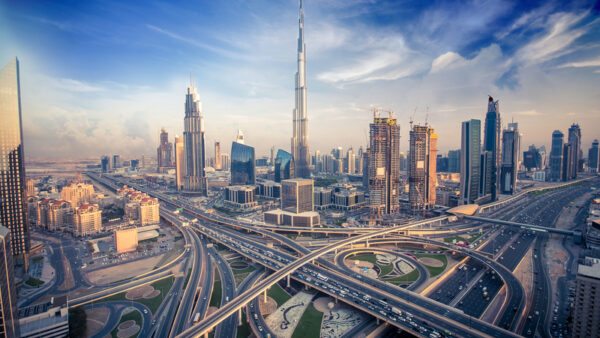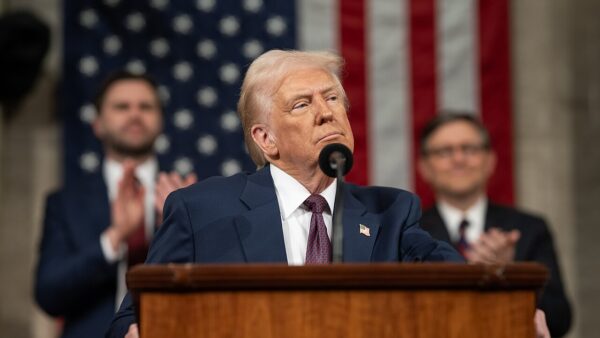India will consider easing rules for foreign direct investment (FDI) in construction in a bid to drum up interest in Prime Minister Narendra Modi’s vision for 100 new “smart cities” in the country, and to boost affordable housing.
Plans to be put before the Indian cabinet include cutting the size of the minimum capitalisation required for smart city developments, and letting developers exit their schemes sooner.
Developers will be exempt from restrictions related to minimum capitalisation and exits if they commit 30% of the project cost to affordable housing, a government official has said.
After his landslide election in May, Narendra Modi outlined plans to build 100 “smart cities” across the country to provide modern amenities, education and employment opportunities. Finance Minister Arun Jaitley had proposed an allocation of $1.15bn towards the new developments.
International investors are already looking at India again– Sachin Sandhir, managing director of RICS South Asia
Under the plans, the new cities would be satellite towns of larger cities or modernised existing mid-sized cities.
“We need to give them a push by making it attractive for investors,” an unnamed government official told India’s Economic Times newspaper.
Under current rules 100% FDI is allowed for the development of townships, housing and some infrastructure, but the rules for property developments require minimum capitalisation of $10m for wholly owned subsidiaries and $5m for joint ventures with Indian partners. Developments must be 50,000 sq m in size, and developers may not sell off their schemes until three years after completion.
Now the government is considering the removal of all restrictions on size and minimum capitalisation for the smart cities as well as affordable housing projects. The three-year lock-in period would also be removed under the new proposals.
The property sector attracted $1.2bn in FDI in 2013-14, down 8% from 2012-13, the Economic Times reported.
Sachin Sandhir, managing director of RICS South Asia, said the proposals could provide a boost to the smart city initiative.
“International investors are already looking at India again,” he said. “The relaxation in construction FDI will definitely create a strong positive sentiment as far as smart cities are concerned. It will need to be backed by faster approvals and addressing issues related to the land acquisition policy.”
Photograph: Motor rickshaws in Mumbai (Wikimedia Commons)






